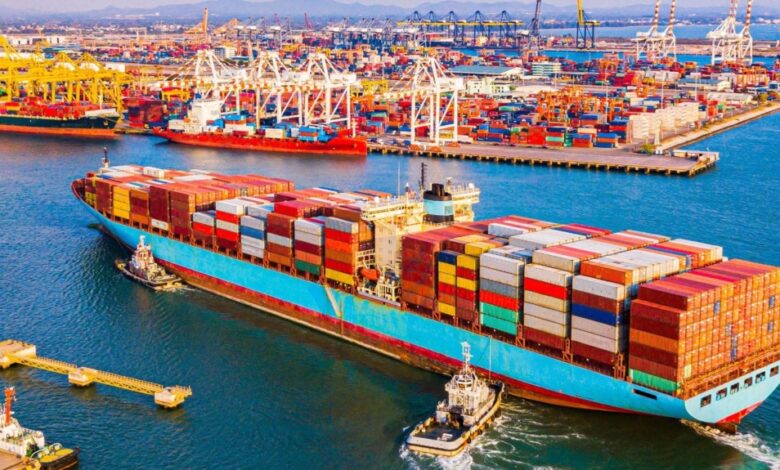BoG Sets New Rules for Exchange Rate Transparency in Ghana’s Shipping Industry

From July 22, 2025, shipping companies operating in Ghana will have to play by new rules designed to bring transparency and fairness to how exchange rates are applied at the country’s ports. The Bank of Ghana (BoG) has issued fresh guidelines to curb arbitrary rate setting, a move that could ease the frustrations of importers, exporters, and clearing agents who have long grappled with unpredictable charges.
The new framework requires all shipping industry players to publish their daily exchange rates clearly—both online and at their premises, ensuring that customers know the exact rates before any invoices are issued. Each invoice must also spell out the currency of the service, the applied exchange rate, the date of application, and the final amount payable in Ghana cedis or U.S. dollars.
Crucially, the BoG insists that rates must reflect commercial bank rates, which are benchmarked to the central bank’s published interbank exchange rates, putting an end to arbitrary mark-ups that have been a source of disputes. Where disagreements arise, customers can file complaints directly with service providers, and if unresolved, escalate them to the Ghana Shippers’ Authority (GSA).
The guidelines, which align with Ghana’s Foreign Exchange Act of 2006, mark a significant step in cleaning up foreign exchange practices in the shipping sector. For businesses engaged in trade, the changes promise greater predictability in shipping costs, improving budgeting and cash flow planning. For consumers, especially SMEs that rely heavily on imports, this could mean fewer shocks from sudden exchange rate discrepancies.
Failure to comply will attract administrative sanctions, BoG warned, emphasizing that the ultimate goal is to instill confidence, reduce disputes, and support a more competitive trading environment.
With the shipping industry a crucial link in Ghana’s import-export chain, industry watchers say these measures could boost trust and efficiency, lowering the cost of doing business and improving Ghana’s attractiveness as a trading hub.




